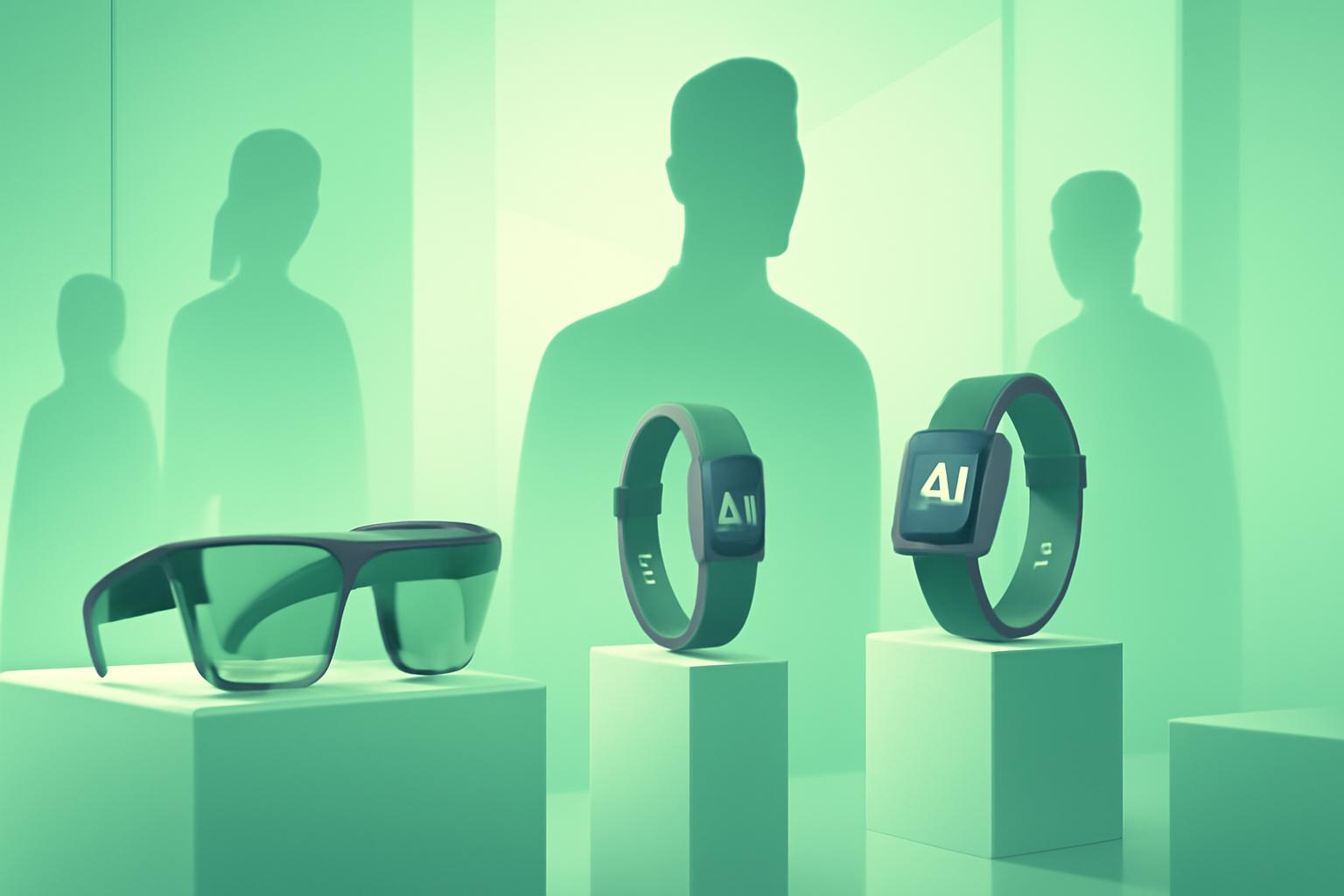Meta Connect 2025 Unveils Advanced AI Smart Glasses and Wearable Tech
At Meta’s premier annual event, Meta Connect 2025, CEO Mark Zuckerberg revealed three new smart glasses models, signaling the company’s intensified focus on AI-powered wearable devices. These include the second-generation Ray-Ban Meta glasses, the Meta Ray-Ban Display paired with a novel wristband controller called the Meta Neural Band, and the Oakley Meta Vanguard, designed specifically for athletic use.
Second-Generation Ray-Ban Meta Glasses: Enhanced Battery and Video
Building on the success of its first-generation Ray-Ban Meta glasses, which have sold 2 million units, Meta introduced an updated model featuring twice the battery life—up to eight hours of mixed use on a single charge—and support for ultra HD 3K video recording, doubling the sharpness of the original. These glasses also incorporate new features such as ‘conversation focus,’ which uses open-ear speakers to amplify voices in noisy environments, although this feature is not yet available. The glasses are priced at $379.
Meta Ray-Ban Display and Neural Band: A New Interaction Paradigm
The Meta Ray-Ban Display represents Meta’s most technologically advanced smart glasses to date. These glasses include a built-in display on the right lens for apps, notifications, and navigation. Accompanying them is the Meta Neural Band, a wrist-worn controller that employs surface electromyography (sEMG) to detect subtle hand gestures, enabling users to write text messages in the air by mimicking pen movements. This sophisticated input method aims to provide seamless interaction without relying on traditional touchscreens.
Currently supporting Meta’s own applications, these glasses and the Neural Band are priced at $799 and will be available starting September 30. To achieve broader adoption, Meta will need to expand app support and demonstrate compelling use cases beyond basic notifications and messaging.
Oakley Meta Vanguard: Wearables Tailored for Athletes
The Oakley Meta Vanguard smart glasses are designed for outdoor athletes such as bikers, trail runners, and skiers. Unlike other Meta glasses, they feature a single unified front lens with a centrally positioned 12-megapixel camera capable of 3K video recording and a 122-degree wide-angle field of view. The glasses integrate open-air speakers and link with fitness apps like Strava and Garmin to relay performance data in real time.
With an IP67 rating for dust and water resistance, the Vanguard glasses offer up to nine hours of battery life or six hours of continuous music playback, supported by a charging case that provides an additional 36 hours of charge. The charging case can replenish the glasses to 50% battery in 20 minutes. These glasses retail for $499 and will be released on October 21.
Live Demo Challenges and VR Outlook
During the keynote, an attempt to demonstrate the AI capabilities of the Ray-Ban Meta glasses through a cooking assistant scenario faltered due to technical difficulties, which Zuckerberg attributed to Wi-Fi issues, though the exact cause was unclear. This incident highlighted the challenges of showcasing emerging AI features in live environments.
Notably, Meta did not announce any new Quest virtual reality headsets at the event. However, the company shared plans for Hyperscape, a platform enabling developers to create photorealistic virtual spaces, and is reportedly developing an ultralight VR headset slated for release by the end of 2026.
Conclusion
Meta Connect 2025 reinforced Meta’s commitment to advancing AI and wearable technology, particularly through its smart glasses lineup. While the company faces hurdles in perfecting real-world AI interactions and expanding app ecosystems, its diversified product offerings—from lifestyle to athletic use cases—demonstrate a strategic push to position smart glasses as viable complements or successors to smartphones.
FinOracleAI — Market View
Meta’s unveiling of multiple AI-powered smart glasses models signals a robust push into wearable technology, potentially accelerating hardware sales and reinforcing its AI ecosystem. However, the live demo hiccup highlights ongoing technical risks that could impact consumer confidence. Investors should monitor adoption rates of these devices, app ecosystem growth, and further advancements in battery life and AI responsiveness. The absence of new VR hardware suggests Meta is prioritizing wearables in the near term, which may influence its revenue mix.
Impact: positive













